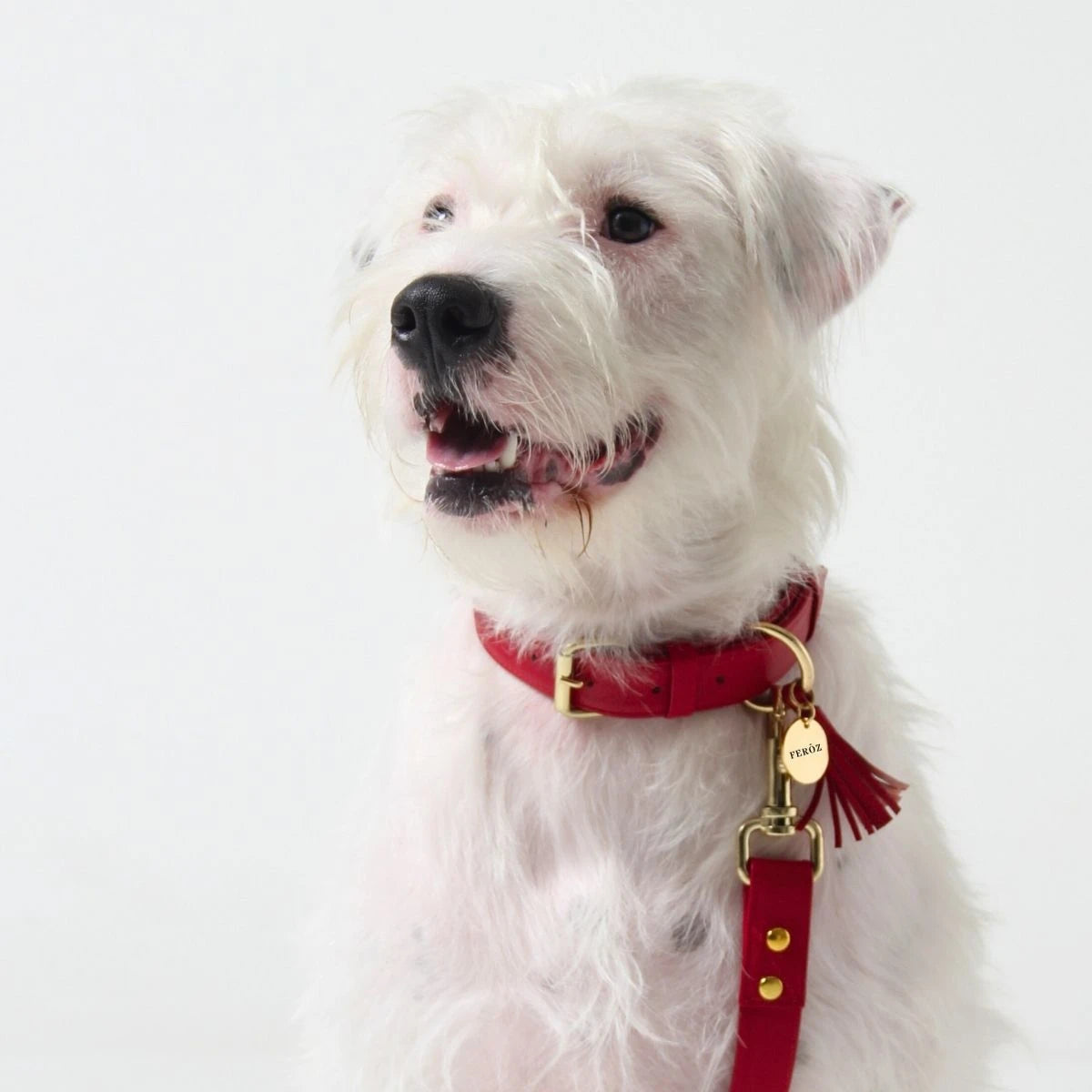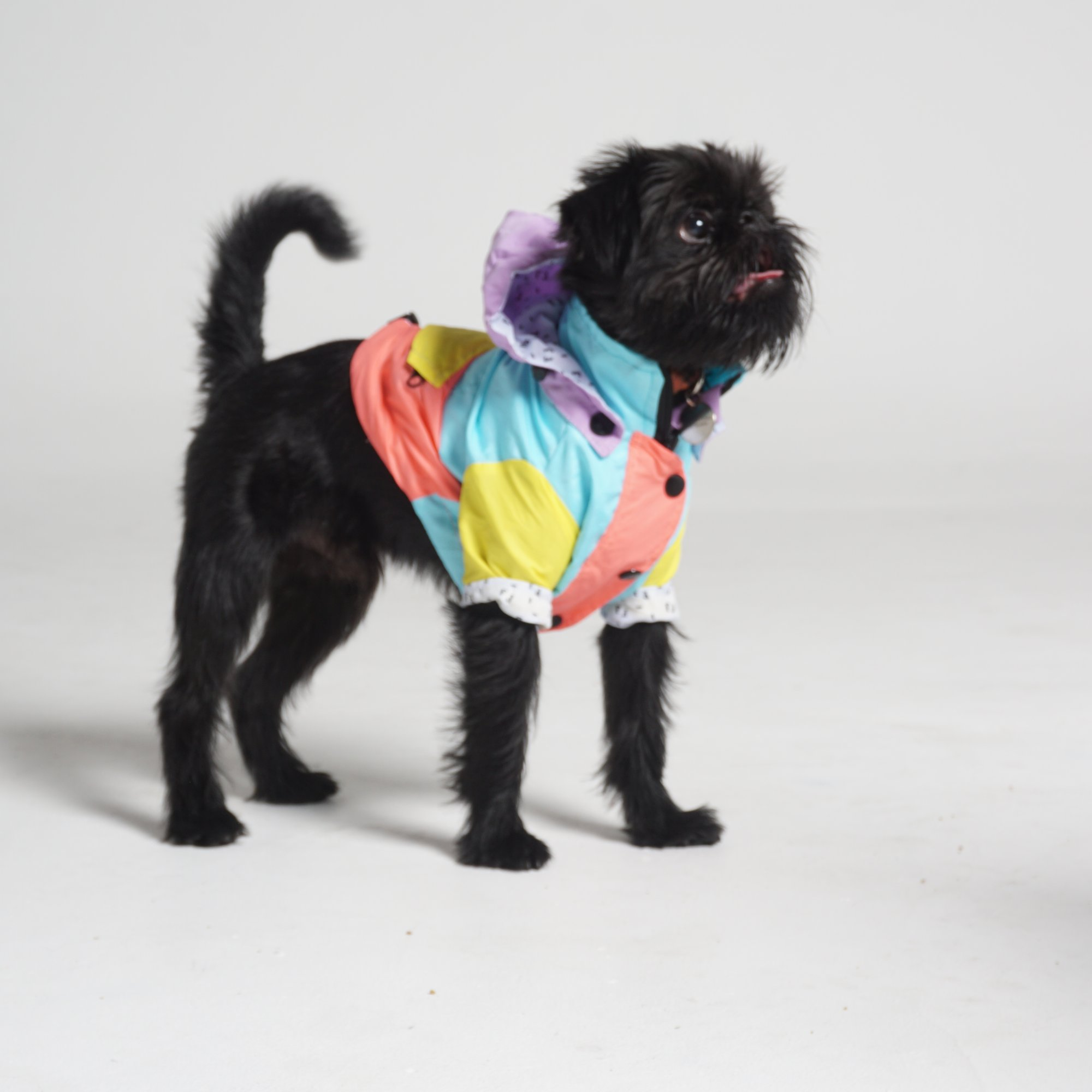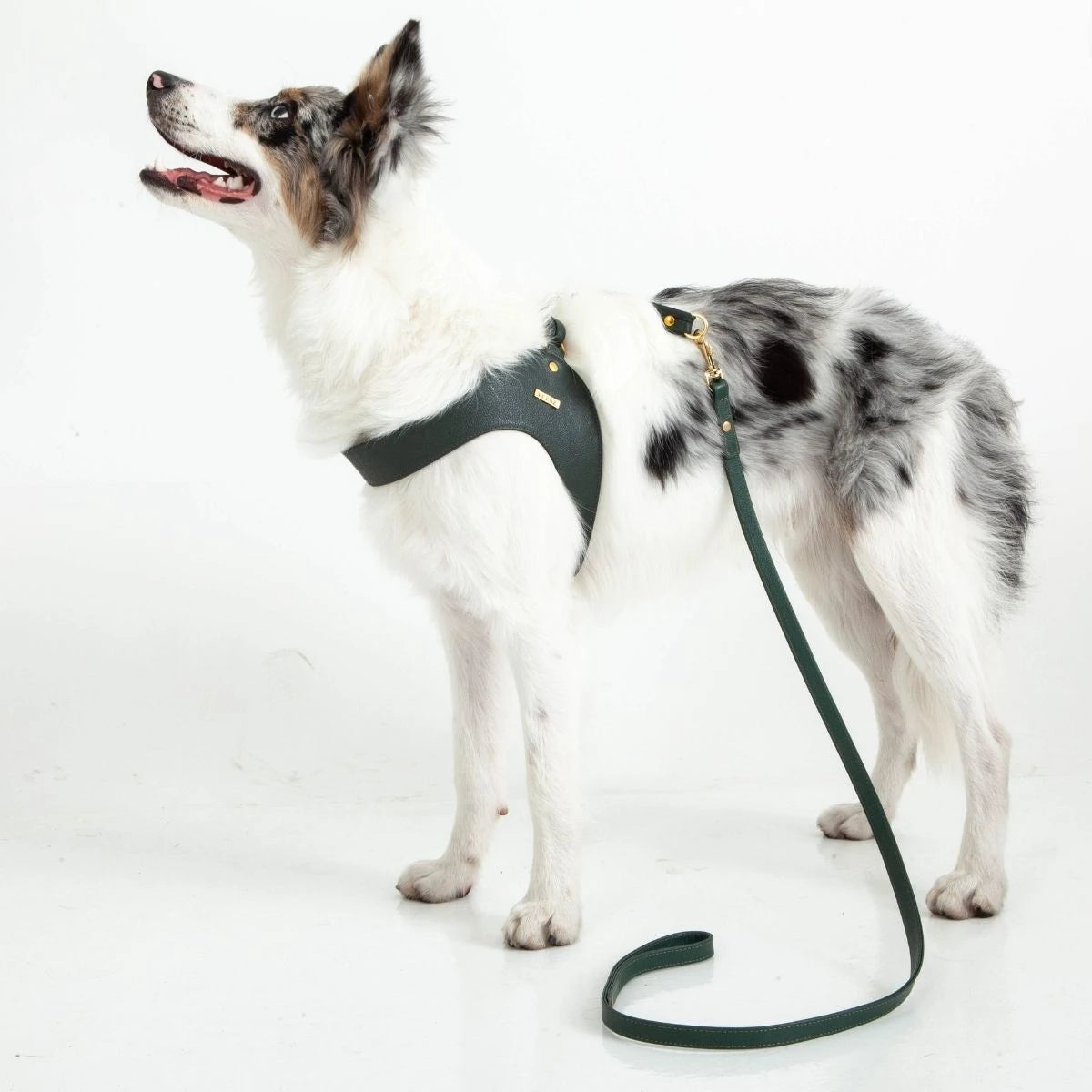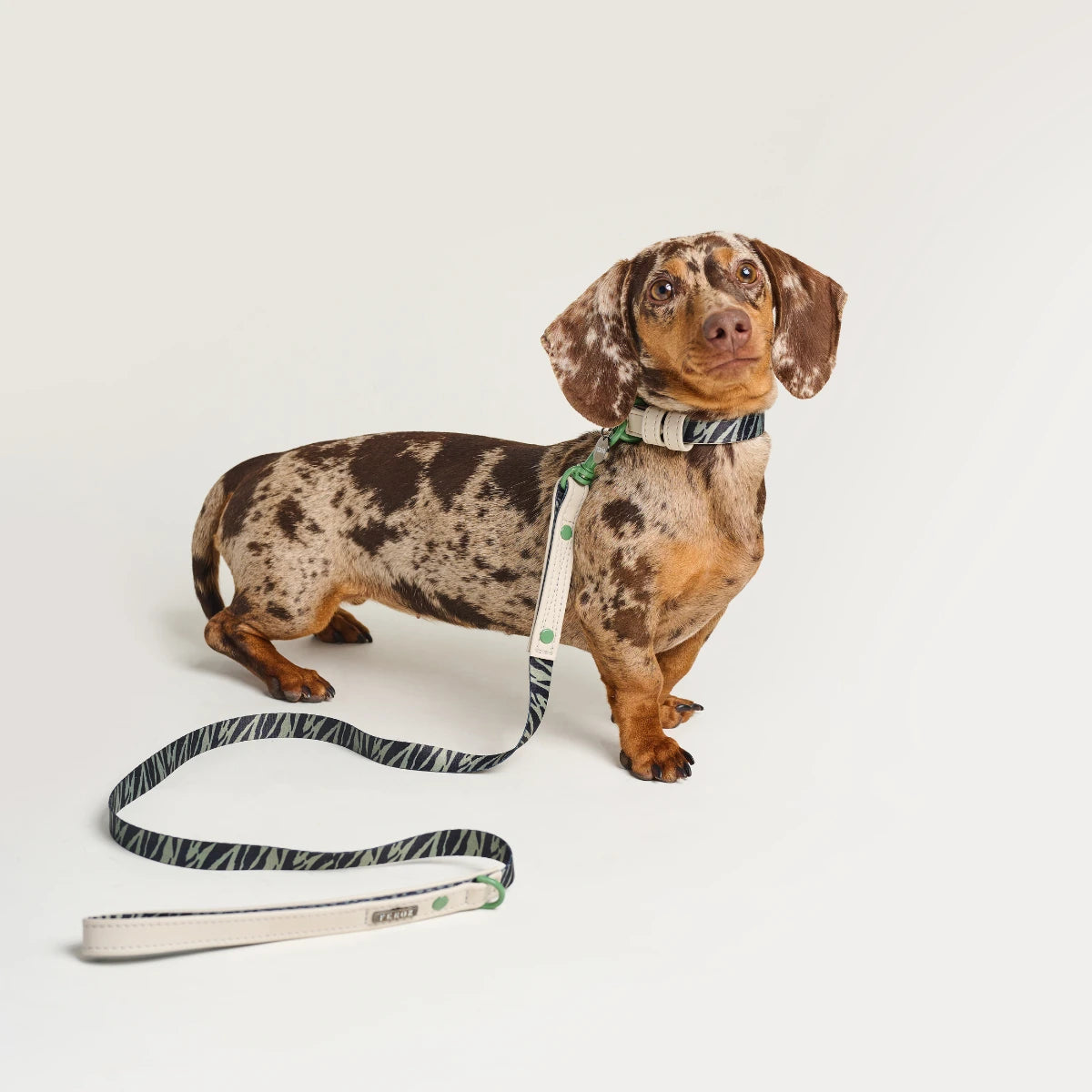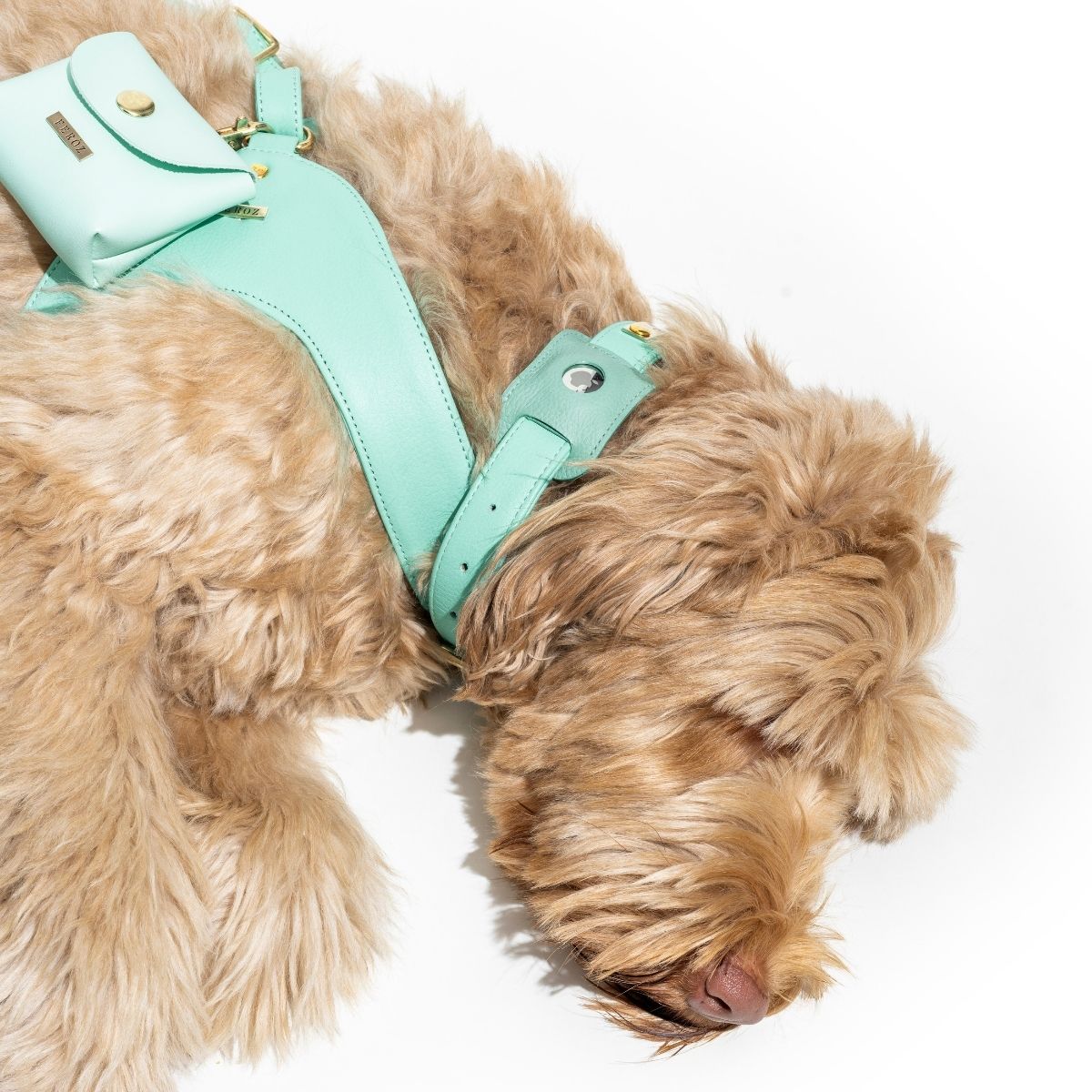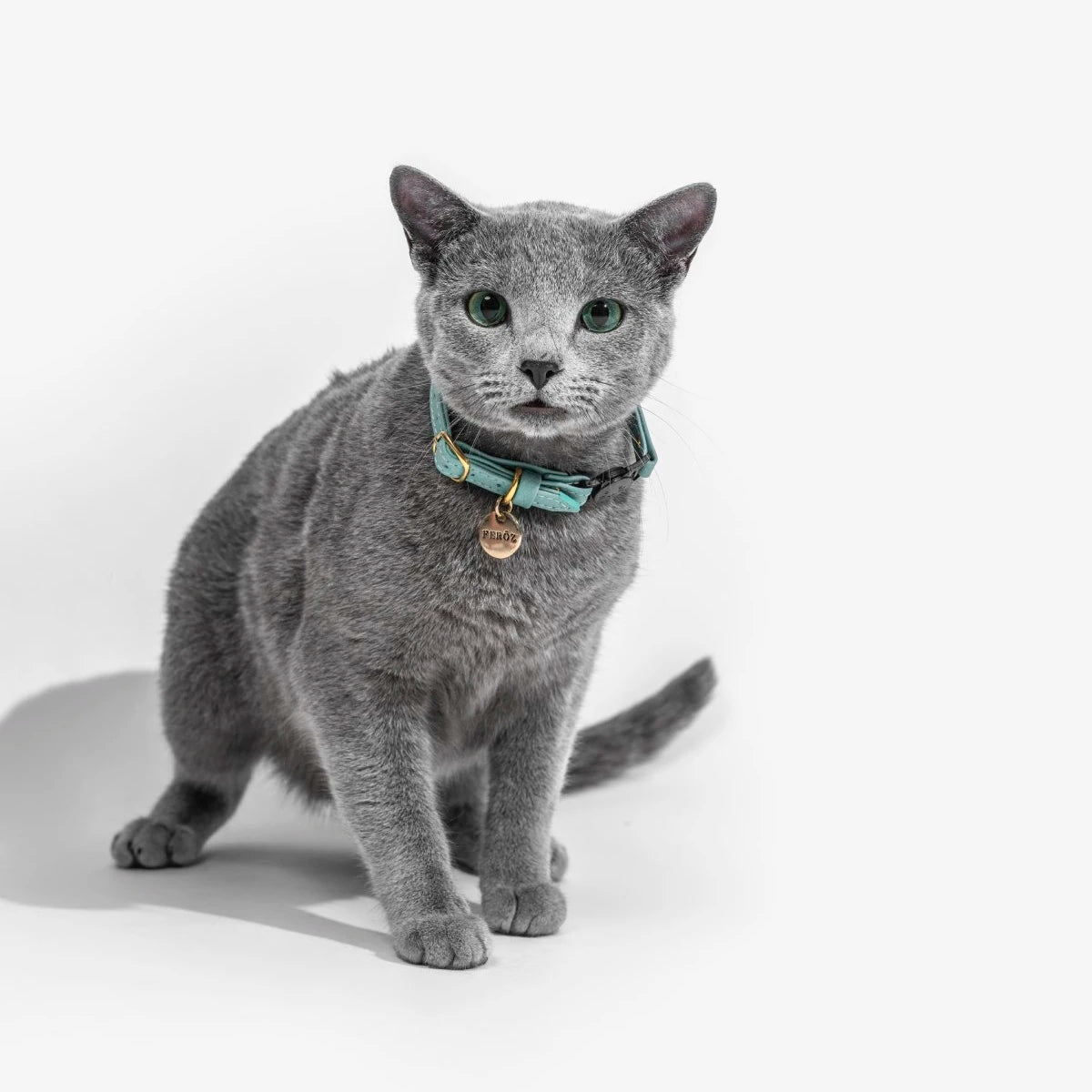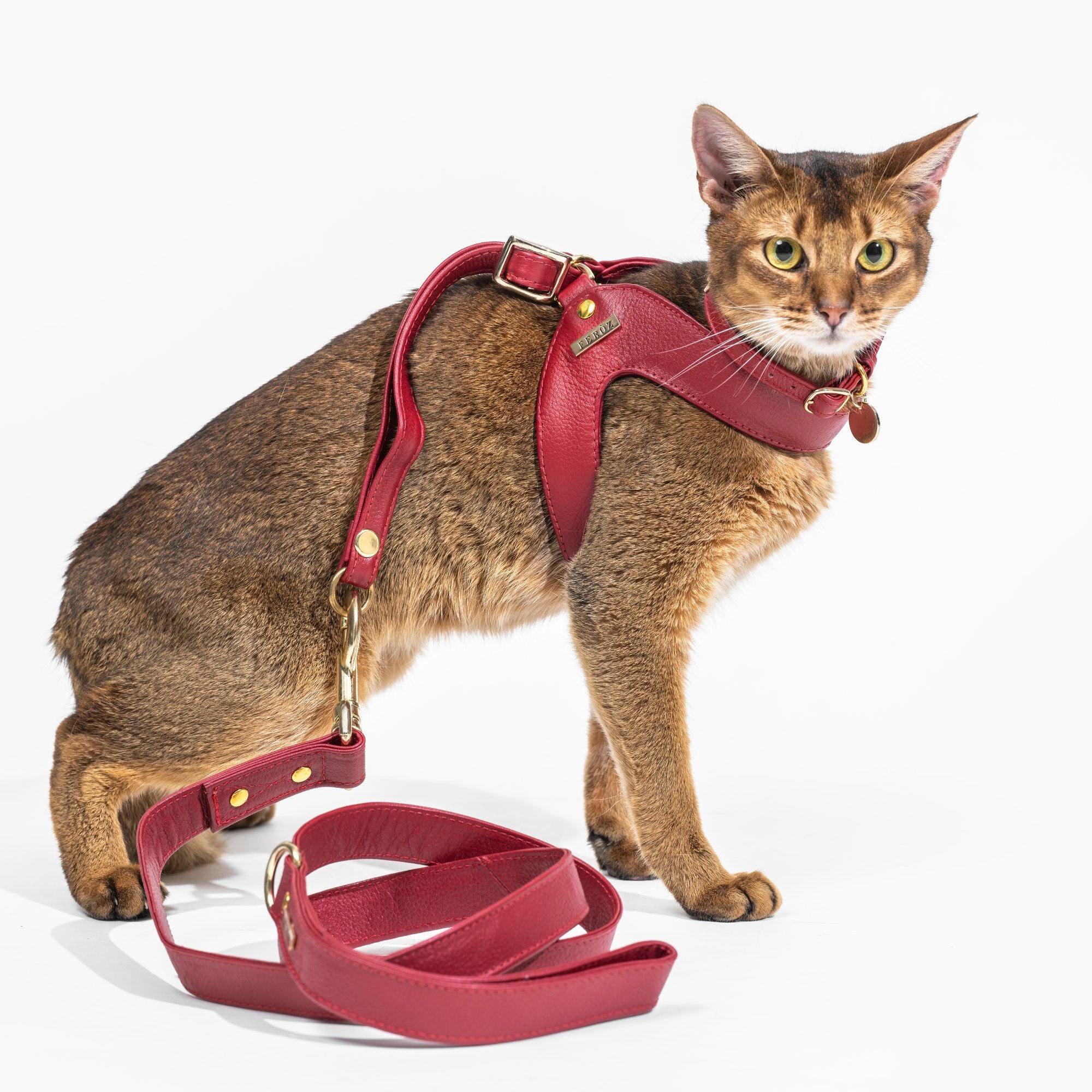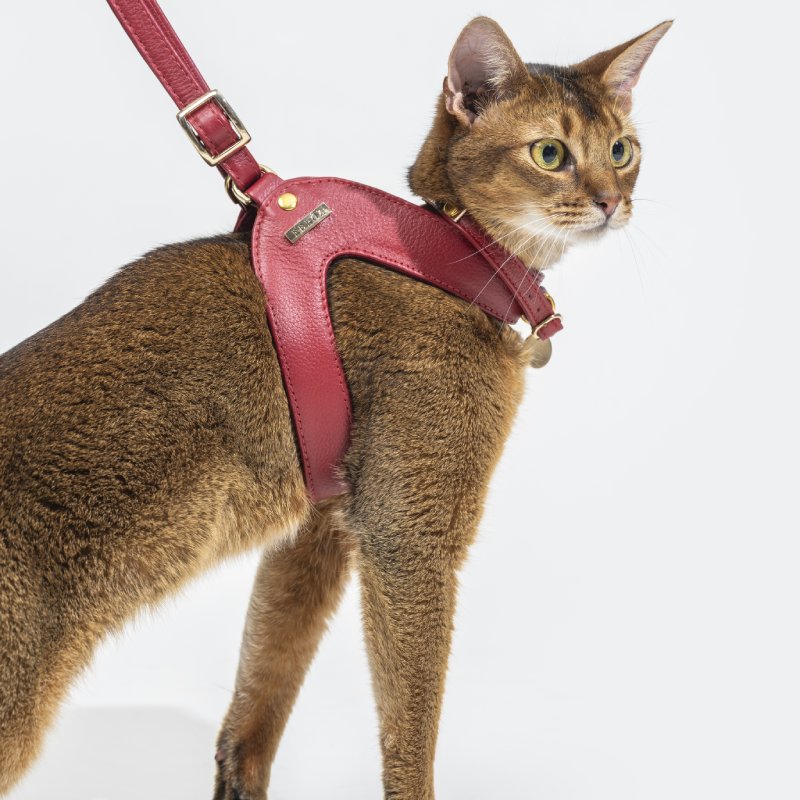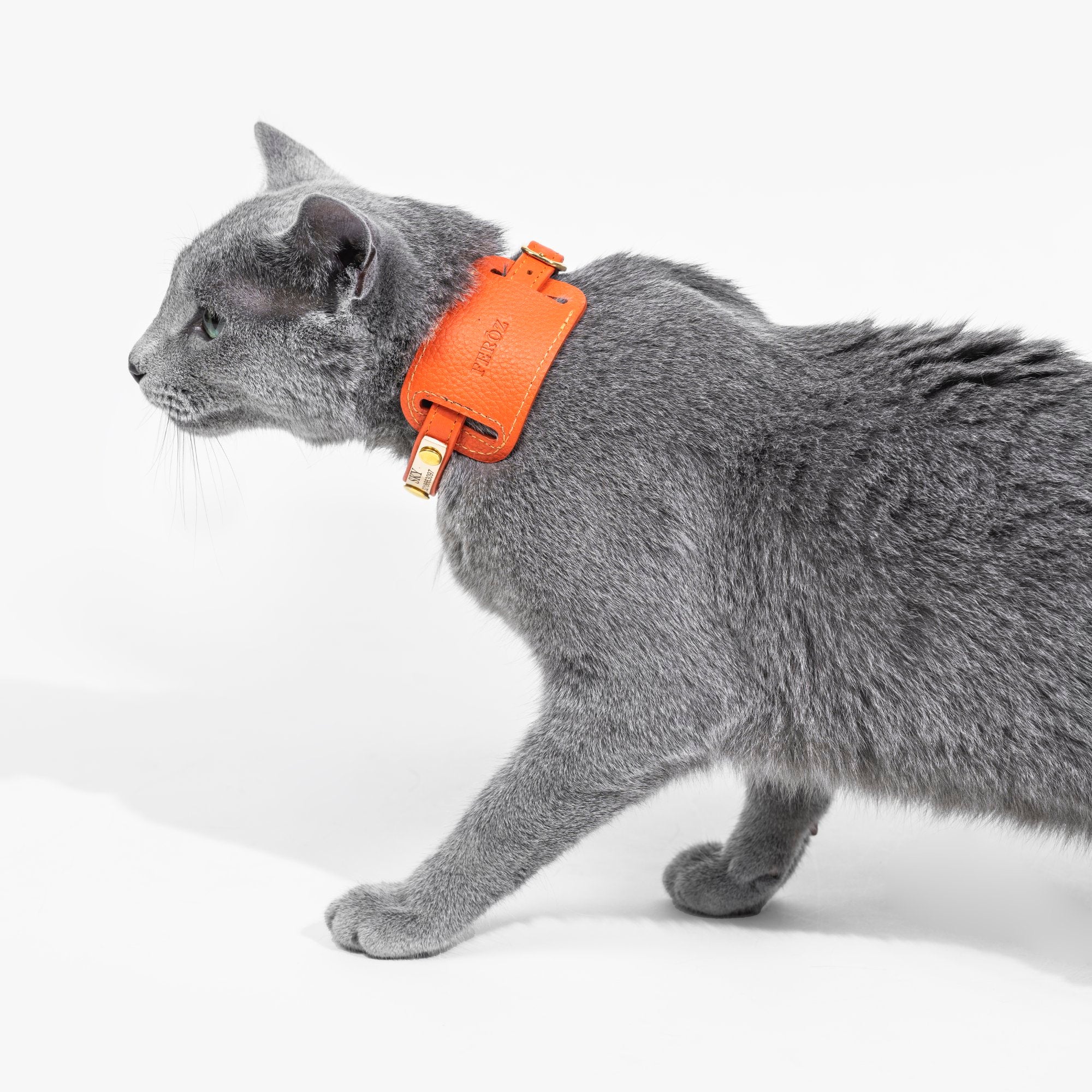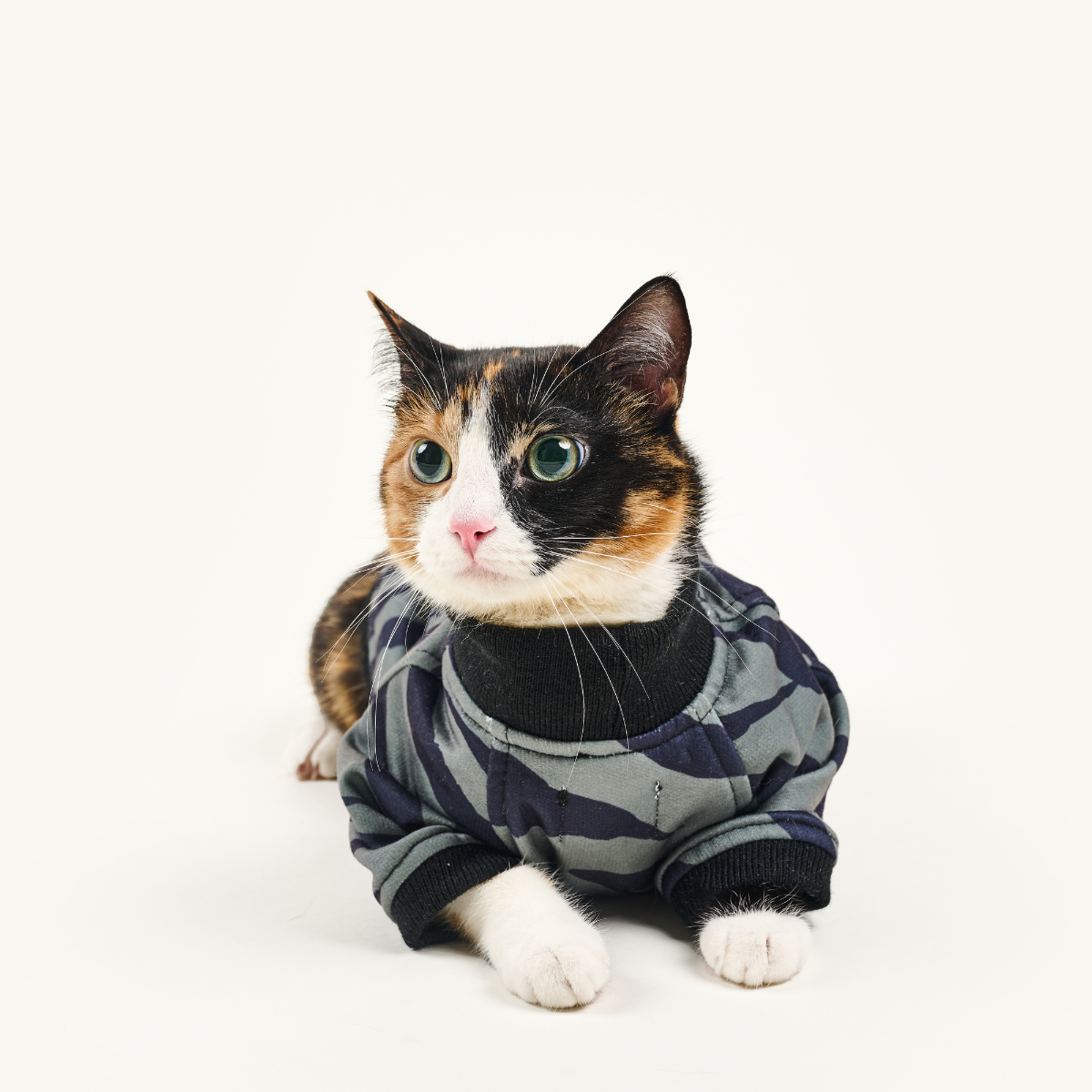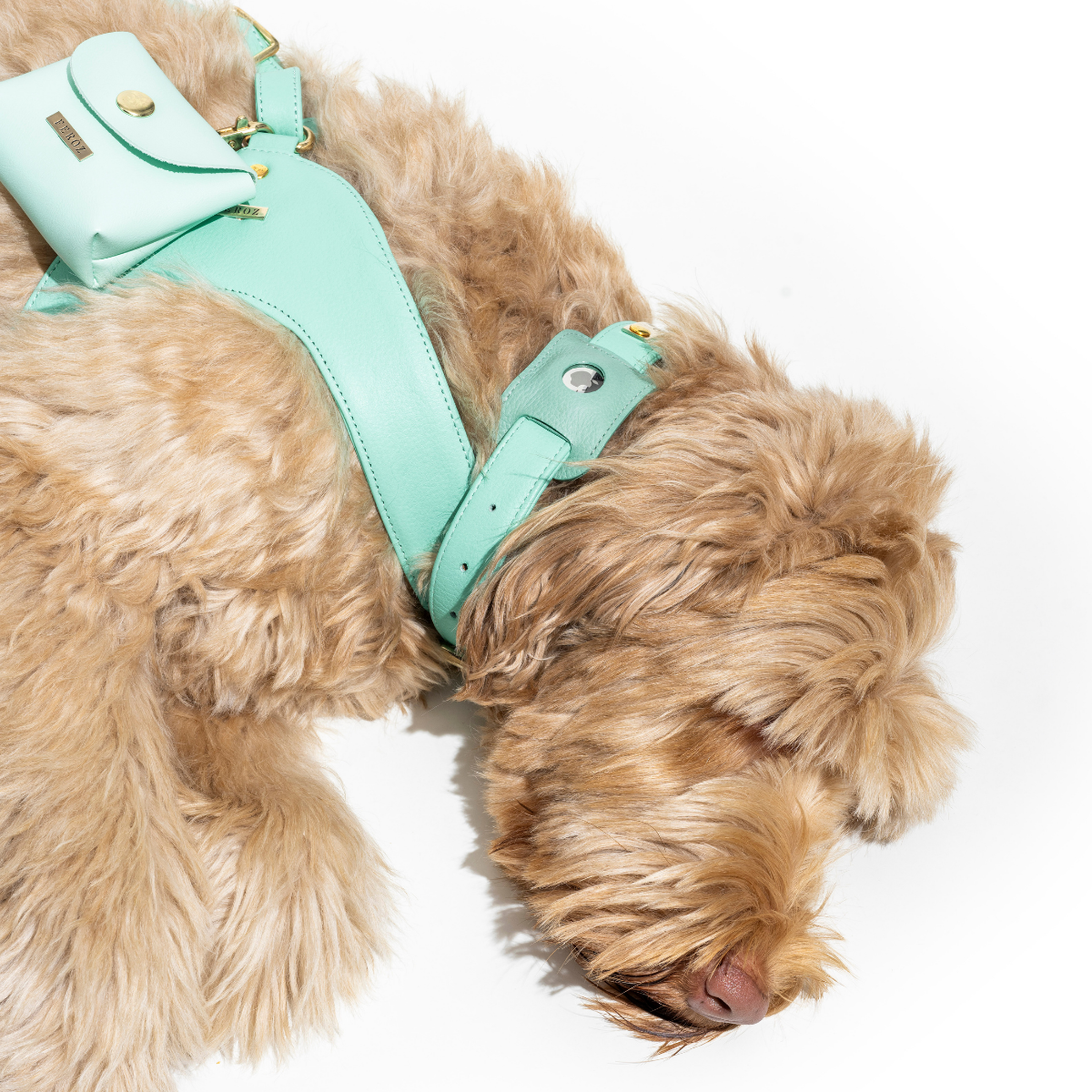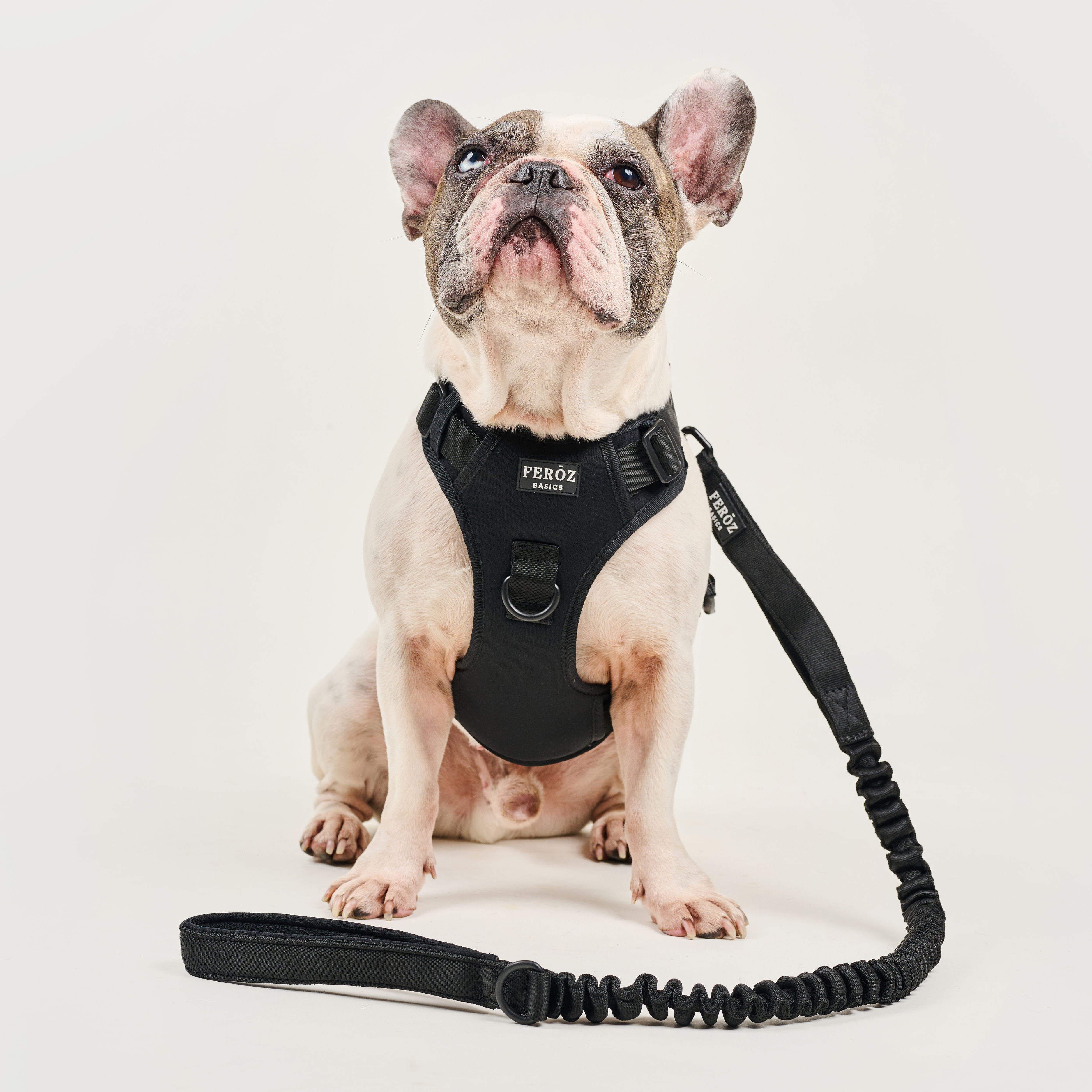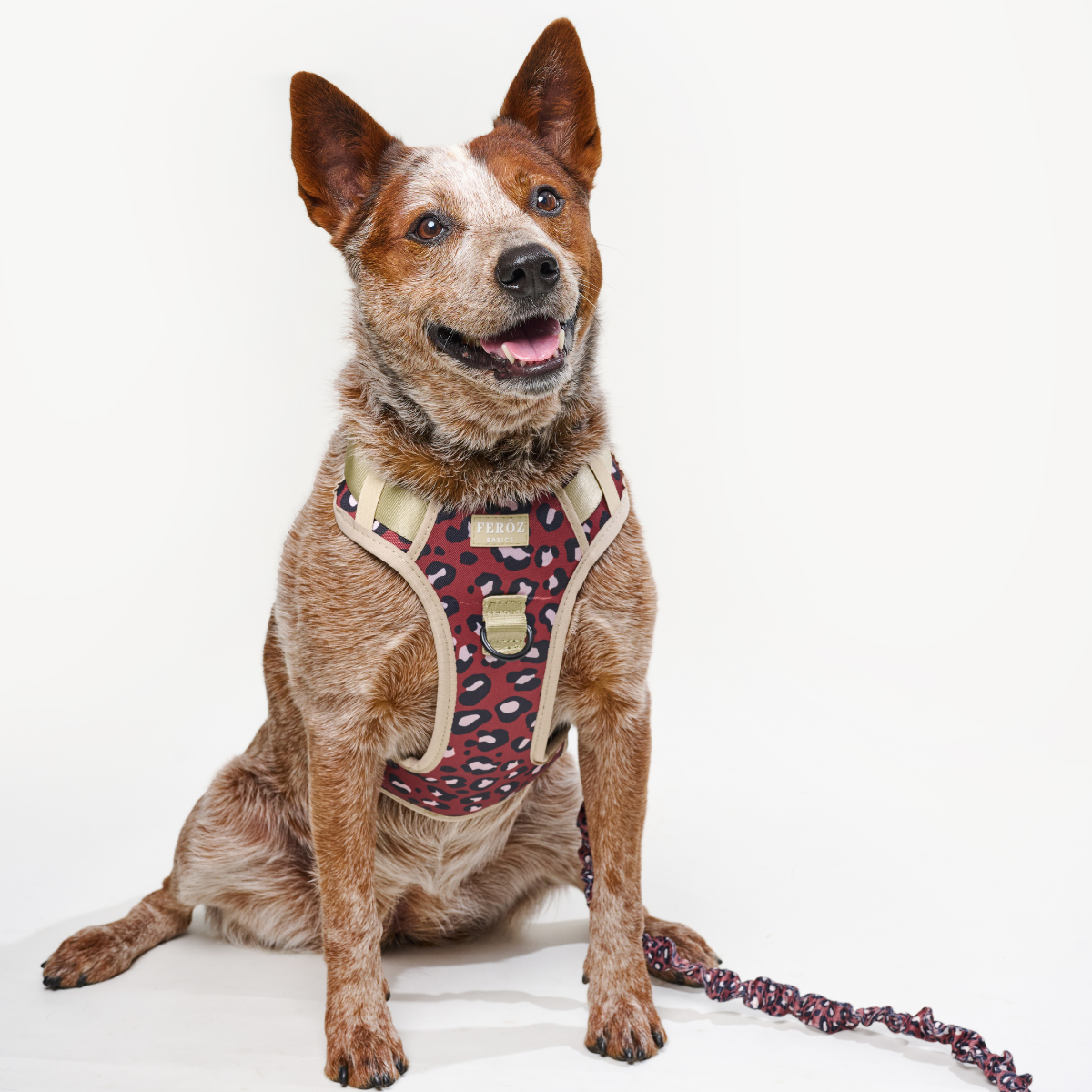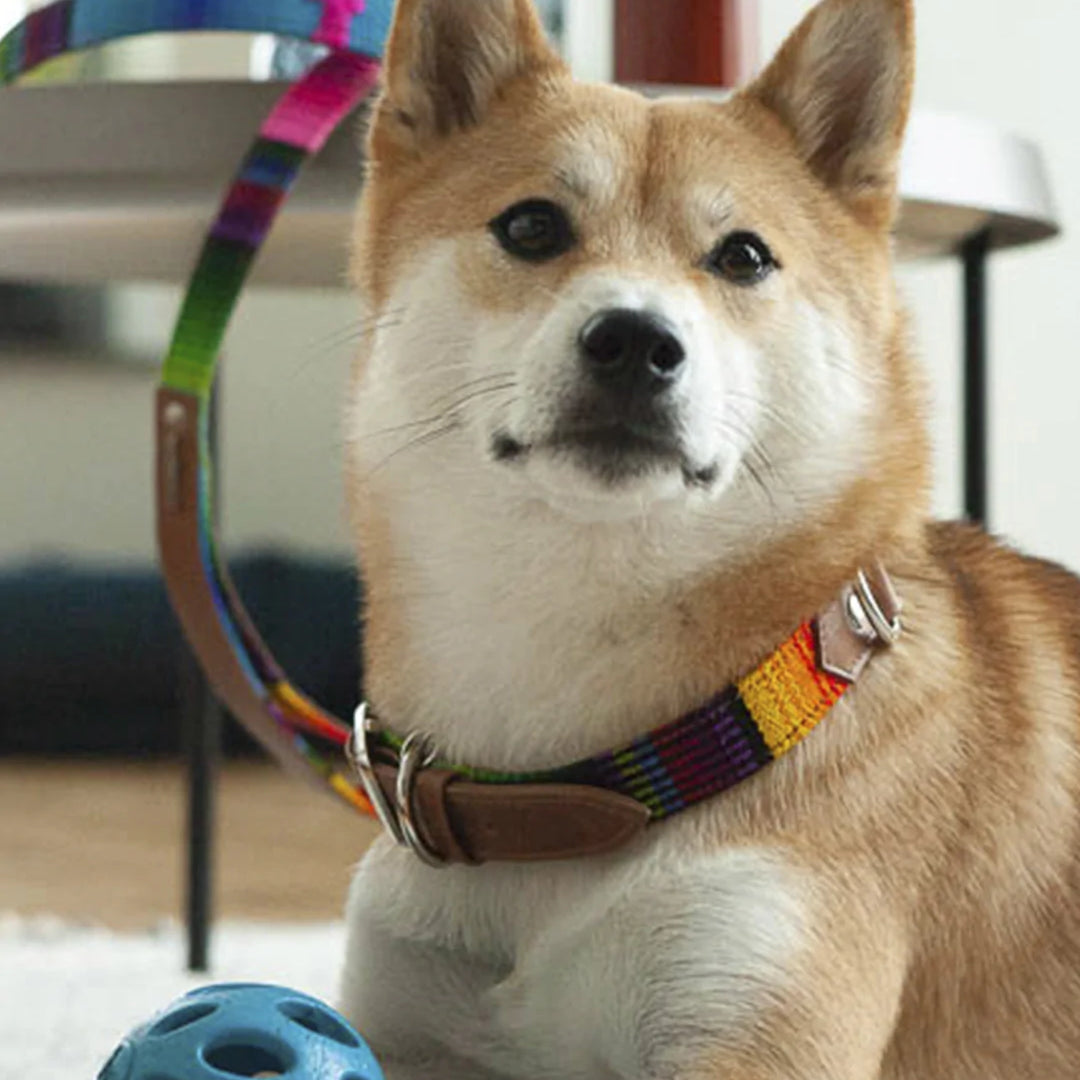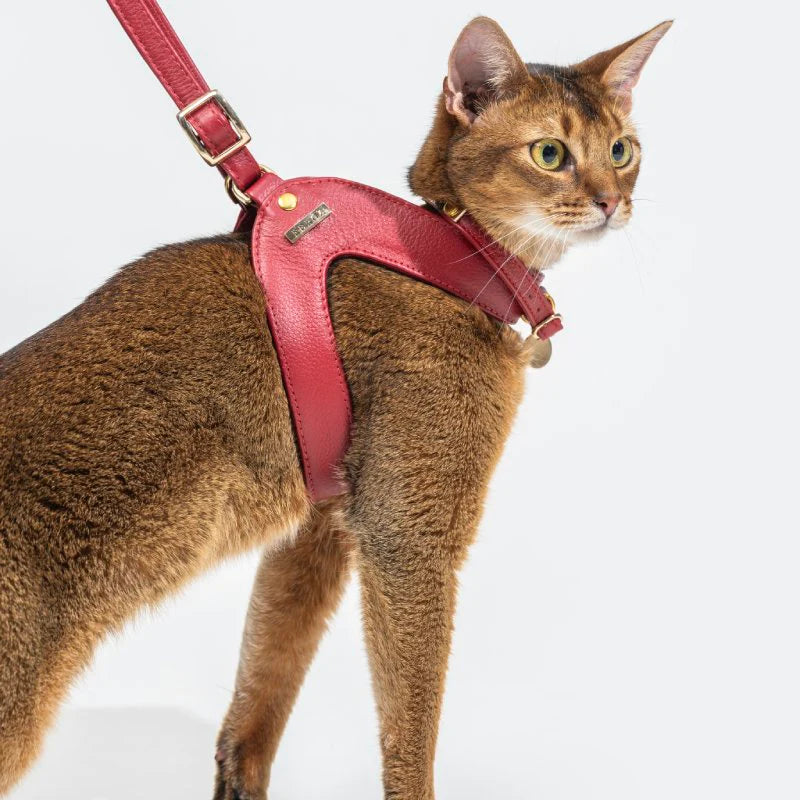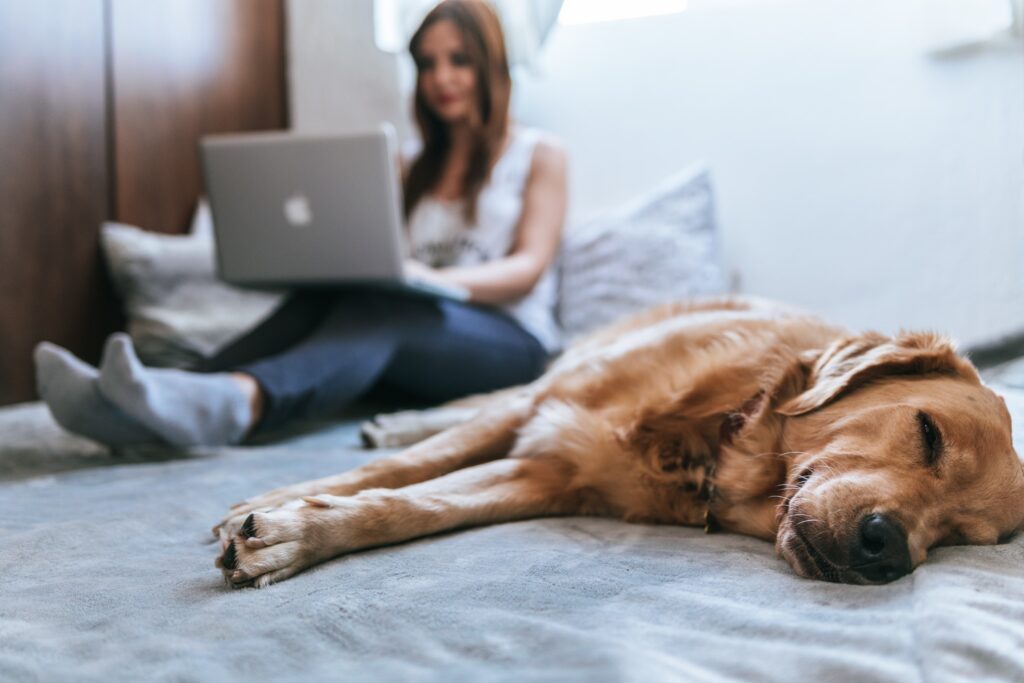What you need to know about pets and COVID-19.

Here's the good news: There's no evidence to suggest that pets can be a source of coronavirus or COVID-19, and according to the Centers for Disease Control and Prevention (CDC), there have been no reports of pets or other animals getting sick with the virus anywhere in the world. Therefore WE SHOULD NOT ABANDON OUR PETS BECAUSE THEY ARE NOT A RISK TO US, but we can take certain precautions to stay healthy and out of this global pandemic.
Here are the five recommendations you should know:
- LIMIT YOUR PET'S CONTACT WITH OTHERS
Although pets do not appear to be at risk of becoming ill with COVID-19, we do not yet know if they may unintentionally become part of the chain of transmission through their contact. It is currently unknown whether a dog's fur or skin can become contaminated with the virus if, for example, an infected human sneeze on it. But a study published earlier this week showed that, under laboratory conditions, the virus can live for up to three days on plastic and steel and one day on cardboard. This suggests that it could perhaps survive on pet fur or animal fur. Out of an abundance of caution, limit physical contact with other people's pets, as owners may be asymptomatic.

- SOCIAL DISTANCE BETWEEN PETS & PEOPLE
Because so much remains to be learned about this disease, experts recommend that people infected with the coronavirus, or who think they might be, stay away from pets just as they would from people. If you live with pets or are in close contact with animals in your home at your diagnosis, keep them in quarantine with you.
- WASH YOUR HANDS BEFORE & AFTER PETTING THEM
Wash your hands before and after petting or touching them. Other diseases are known to spread between people and animals, so it's a good idea to wash your hands regardless of the circumstances. It is also recommended to clean their legs after a walk and give them baths more frequently.

- ANTICIPADAPROTECT YOUR PETS WITH ADVANCE PLANNING
It's important to include your pets in your family or home preparedness planning. Be sure to stock up on extra food for your pets (it won't go to waste; even if they don't need it now, they'll probably eat it eventually). If you are in quarantine, let your friends or neighbors know about your pet's food and medication needs so they can make the necessary purchases for you.

- CONSULT YOUR VETERINARIAN
There is no substitute for the expertise of your pet's veterinarian. The best way to keep your four-legged children healthy is by following the instructions provided by a trained professional familiar with your pet's health and medical history. In addition, as more businesses close their doors for social distancing purposes, ask your veterinarian if you can contact them via email or personal cell phone to avoid contact and travel.
- Tags: COVID

